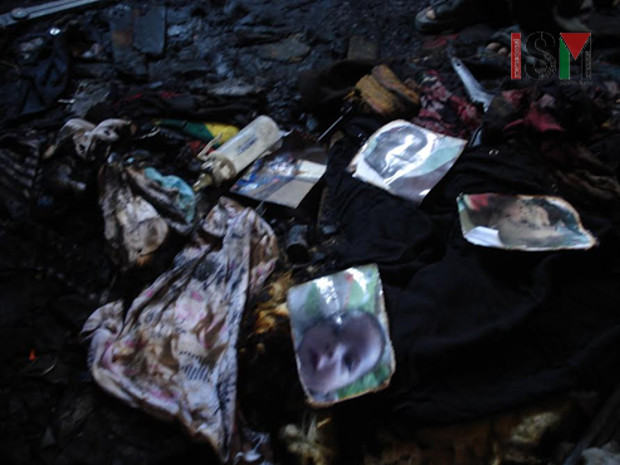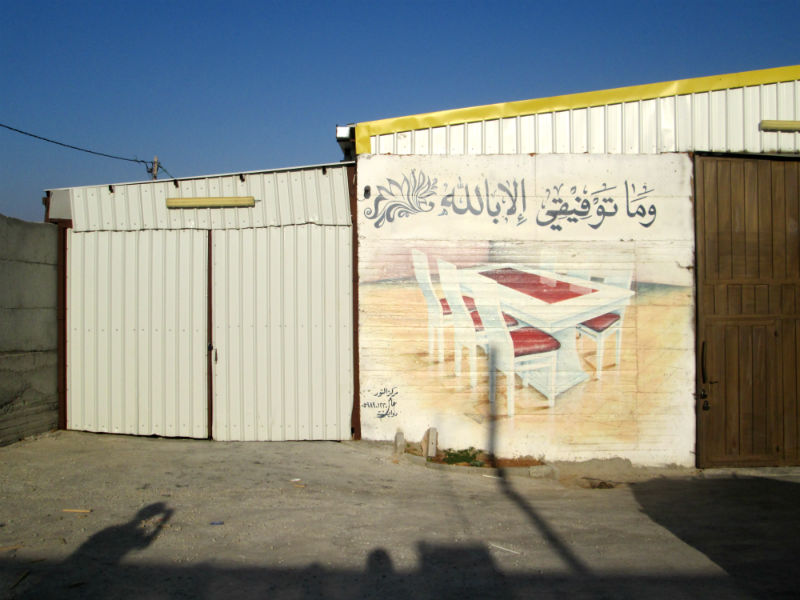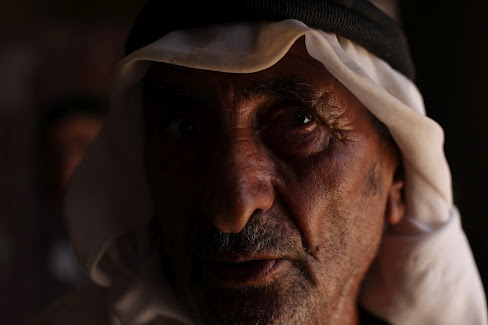Tag: Duma
-
Illegal settlers burn infant alive in attack of a Palestinian house in the village of Duma
1st August 2015 | International Solidarity Movement, Nablus Team | Duma, Occupied Palestine At 2:30 in the morning, on Friday July 31st, a group of settlers came into the village of Duma to set fire to a family’s home with molotov cocktails while the family was sleeping. According to the village’s mayor, Abu Alam, the…
-
Army to Duma: “Stop building!” Duma to army: “We’ve built already”
24th June, 2013 | International Women’s Peace Service & International Solidarity Movement, Team Nablus | Duma, Occupied Palestine On Thursday 20th June, Israeli soldiers and border police handed out “stop building” orders to 11 buildings in the village of Duma, southeast of Nablus. The papers state that owners of the targeted buildings, which include family…



